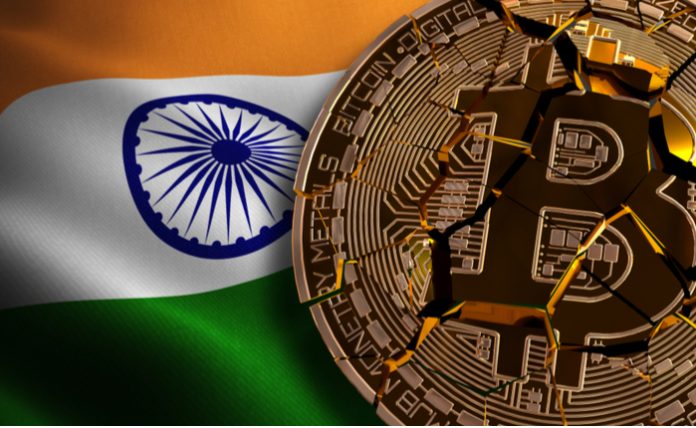Yesterday we were reporting on an Indian law that would tax crypto assets at 30% of capital gains, with a 1% tax levied at the source, at transaction.
That second tax component, while much smaller, is the main focus of some legal challenges by parties who feel that such attacks would be detrimental to crypto exchanges and the market in general.
Amitoj Singh at Coindesk reports that the RBI spearheaded an effort in 2018 to discourage banks from providing services to crypto operators.
The Indian Supreme Court, Singh says, reversed that process, and the crypto community received new confidence to operate in India.
“In the RBI case, Nishith Desai Associates represented the Internet and Mobile Association of India, an industry body that manages policy on behalf of crypto businesses collectively,” Signh writes. “Its lawyers declined to comment on the pros and cons of a legal challenge to the new crypto tax law. Ikigai Law was the firm that represented crypto exchanges in the RBI case. Its founder and managing partner, Anirudh Rastogi, told CoinDesk he believed ‘there was a good case to be made’ against the new crypto tax law.”
Experts are worried that the 1% tax directed at the source could compromise the liquidity that drives the system, thereby harming the growth of the crypto sector.
Others are less critical.
“Proponents of digital currencies are hoping that this creation of a formal tax system would protect the crypto market from some of the harsher measures that the government was considering,” writes Prateek Arora at Inside Bitcoins. “Although … this thirty percent tax on income from virtual digital assets is high, it is a positive step towards legitimising crypto and hints at an optimistic sentiment towards further acceptance of crypto and NFTs. Crypto exchanges are also hoping that the new tax regime would signal the government’s support of digital currencies and reassure corporations that they may participate in the market.”
Stay tuned for more on these outcomes in India.










